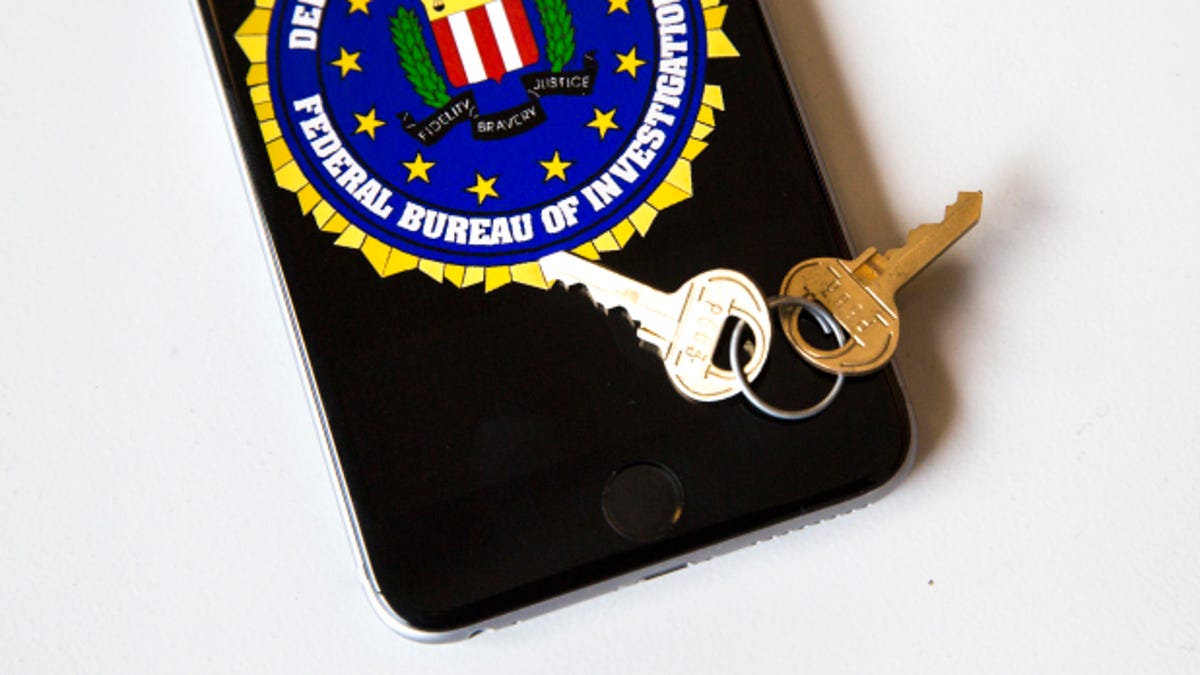FBI docs tell how it hacked San Bernardino shooter's iPhone, kind of
The government agency releases 100 pages of documents on how it broke into the smartphone, but censors the most important information.

The FBI faced off with Apple last year about accessing an iPhone linked to a mass shooting.
When the FBI revealed it was able to hack into an iPhone used by one of the terrorists involved in the 2015 mass shooting in San Bernardino, California, people wanted to know just how the agency did it.
In fact, three news organizations sued the FBI in September for just this information. And because of that lawsuit, the agency released 100 pages of documents Friday. The problem is they're heavily censored, according to the Associated Press.
The documents don't reveal who the FBI hired to hack into the phone or how much it paid that vendor. The FBI labeled those files "secret" before they were released.
The iPhone was at the center of a legal back-and-forth between the government and Apple last year after the December 2015 attack that left 14 people dead. The government wanted Apple to write new software that would unlock the phone and make its data readable. Apple refused, saying that weakening the encryption would potentially leave other iPhone users at risk.
In a surprise revelation in March, the Department of Justice said an unnamed outside party helped agents break into an iPhone 5C that was used by shooter Syed Farook. However, the agency wouldn't disclose how the hacker got into the phone.
The lawsuit against the FBI was filed by the Associated Press, Vice and Gannett, the parent of national newspaper USA Today. The three news organizations sought details about the hacker the FBI used and associated costs. The FBI reportedly refused to provide that information to the organizations under the Freedom of Information Act.
In the lawsuit complaint, the news organizations argued the public has a right to know how the government spent taxpayer funds to obtain the hacking technique. They also argued the existence of a secret flaw in the iPhone could leave the public in danger.
While the most critical information remains unknown, the FBI's released documents do reveal that the agency received three submissions from companies to hack into the phone and that it signed a nondisclosure agreement with the vendor it chose, according to the Associated Press.
An FBI spokeswoman said the agency is not commenting beyond what was released to the three news organizations.
Update, 4:30 p.m. PT: Added the FBI is not commenting beyond what was released to the news organizations.
Life, disrupted: In Europe, millions of refugees are still searching for a safe place to settle. Tech should be part of the solution. But is it? CNET investigates.
Tech Enabled: CNET chronicles tech's role in providing new kinds of accessibility. Check it out here.

